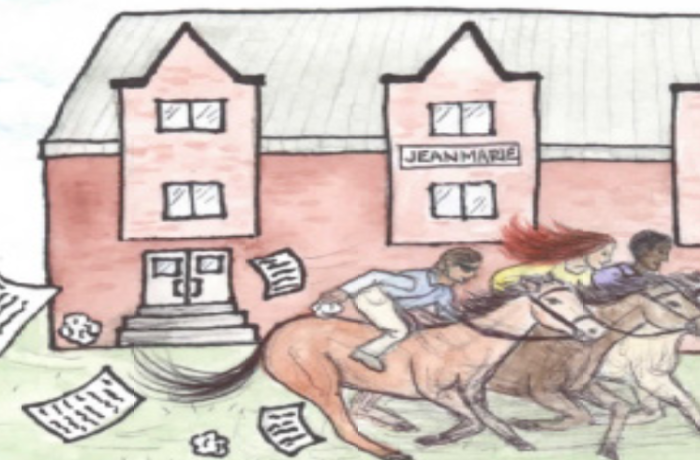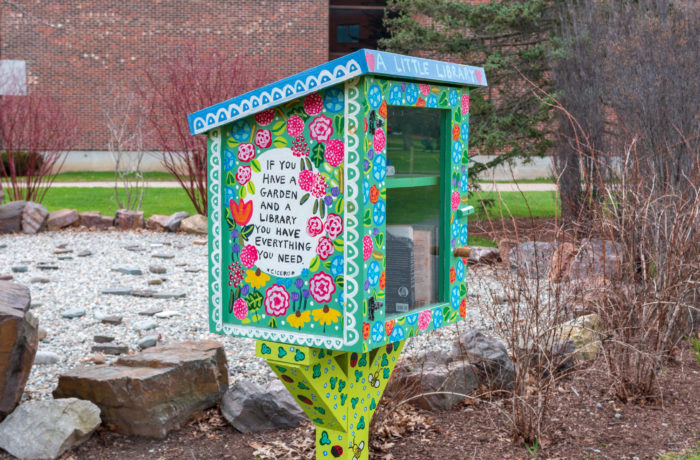By Nick (Sixiang) Chen
Three international students reminisce their home country’s traditional festivals and explain the ways in which they celebrate their favorite holiday on campus.
Mpho Maama ’20 is originally from Lesotho, South Africa and lived the majority of his life in Switzerland. The holiday he misses the most is the South African Christmas. South Africa is in the Southern Hemisphere therefore the holiday is celebrated in the summer.
“During Christmas, our neighbors and extended families always gather together and have a big meal as a community,” Maama said. “We always serve some traditional food and do some Brai [BBQ], some chakalaka [vegetable relish], Pap [an African and Caribbean porridge made from Maize Meal] and many others.”
Unlike Christmas in other countries, Christmas in South Africa is more like a traditional festival and does not have a religious relation. He said: “The date is more traditional and is not considered to be the actual birth date of Jesus Christ. It’s just a day where we appreciate our elders, families, and our community members.”
On campus, Maama does not celebrate Christmas the way he celebrated at home. However, he usually gathers with his friends and plays music from all over the world and dances all night. He believes it is a good compromise and he makes the best of the holiday while being in the United States.

“It’s good not to lose a sense of your culture, roots, and where you’re from,” Maama said.
Zichen “Chuck” Qian ’20 was born and raised in Shanghai, China. The traditional festival he misses most is the Spring Festival — Chinese New Year.
Different from New Year’s Day, the Spring Festival is celebrated at the turn of the traditional lunisolar Chinese calendar it happens around February. Traditionally, Spring Festival is a time to honor deities as well as ancestors.
“During the Spring Festival, we will set off firecrackers, driving ‘nian’ beast way. We also stick the ‘reversed Fu’ and hang some couplets on the front door,” Qian said. In Chinese the “reversed Fu” is homophonic with “Fu comes”, both being pronounced as “Fu Dao Le,” which means good fortune.
During the Spring Festival, people will go home to gather with families no matter how busy they are. “I only spend the Spring Festival with my family. Even if I want to spend it with my friends, it’s not realistic,” Qian said.
Qian, has now lived in the United States for two years. For Qian, it is difficult because his family does not live in the United States. This makes it more challenging to celebrate Chinese New Year, he decided that he will have a small celebration with friends on campus and have a meal together. At the same time, he will communicate with his family on the Internet.
Deborah-Julie Katsuva ’18, of the Democratic Republic of Congo has lived in the United States for five years. Her most memorable traditional festival is the Independence Day (June 30) in her country, which is celebrated to commemorate the country’s liberation from Belgium in 1960.
“It’s important to me it is a celebration that allows me to rethink the history of my country and how far we have come.” Katsuva said, “[Also] it’s important because it is an occasion for us to get together.”
“At the moment there is a large Chinese population so it is expected that the desire to have Chinese celebrations would be high,” said Kimoi Seale, the assistant director in the Center for Multicultural Affairs and Services.
In order to celebrate the traditional festivals of international students, Center for Multicultural Affairs and Services hopes to foster more events for international students. “We recognize it’s not the same as their experience at home, but we hope to get as close to it as we can,” Seale said.


